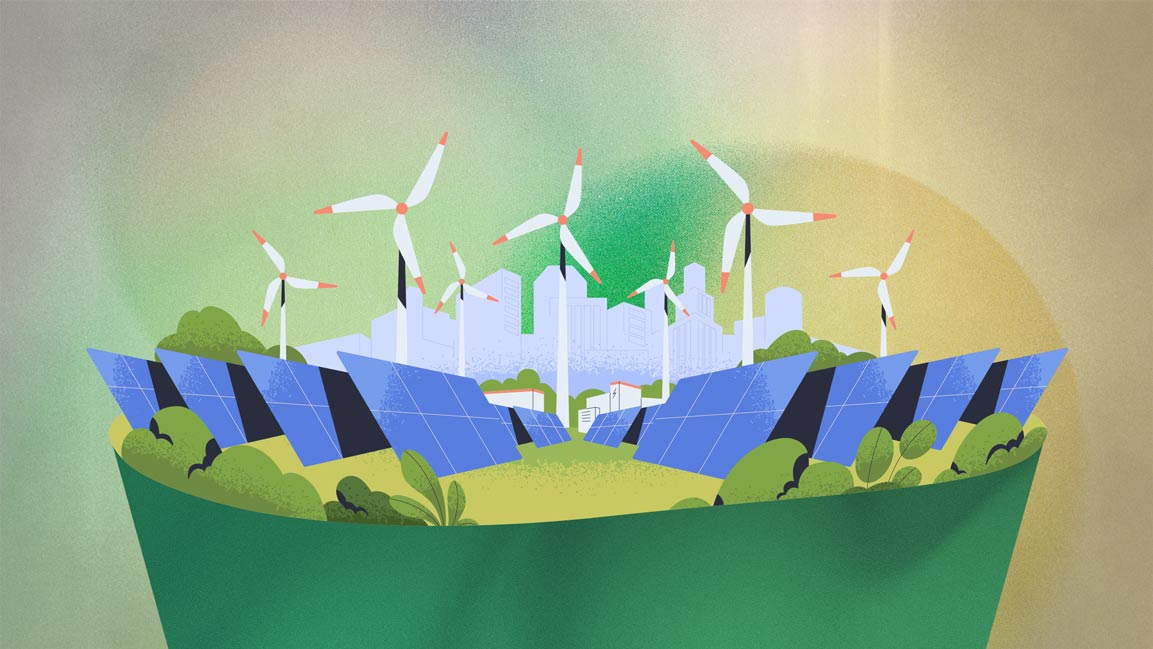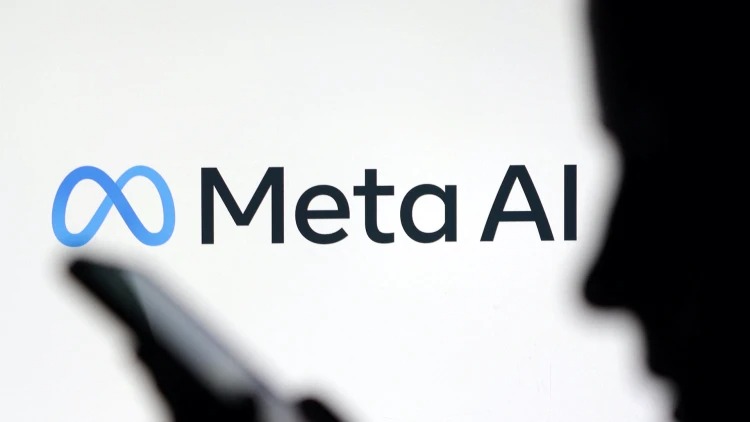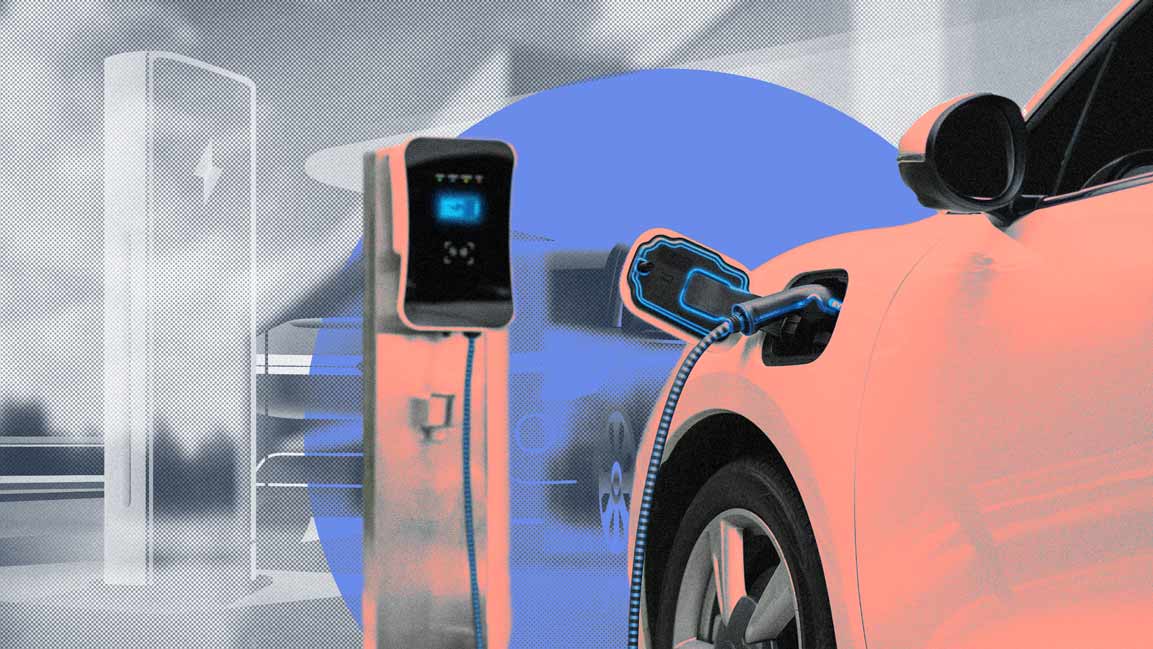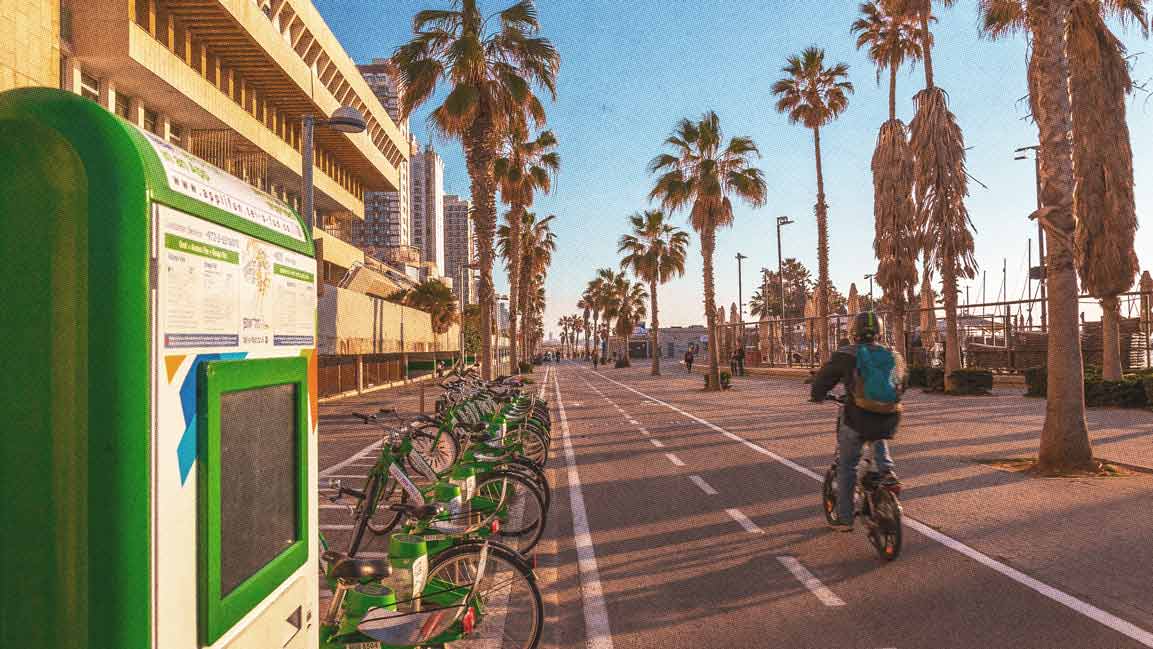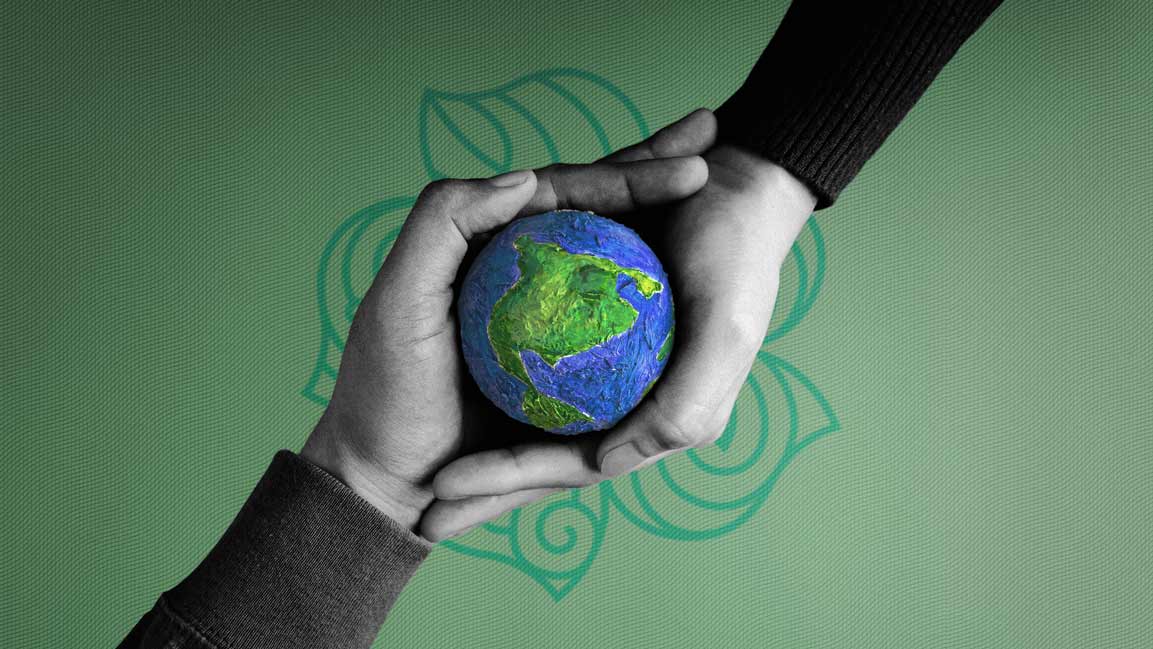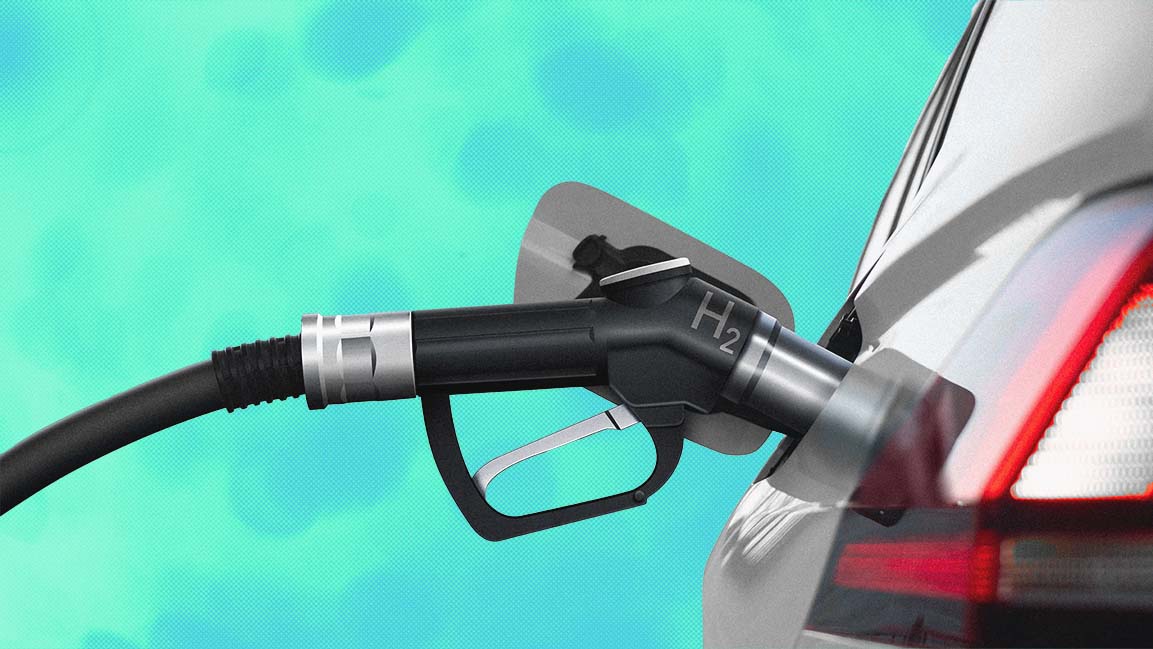- | 11:00 am
Saudi Arabia leads energy transition in the Middle East: Report
The kingdom has advanced 24 ranks since 2021
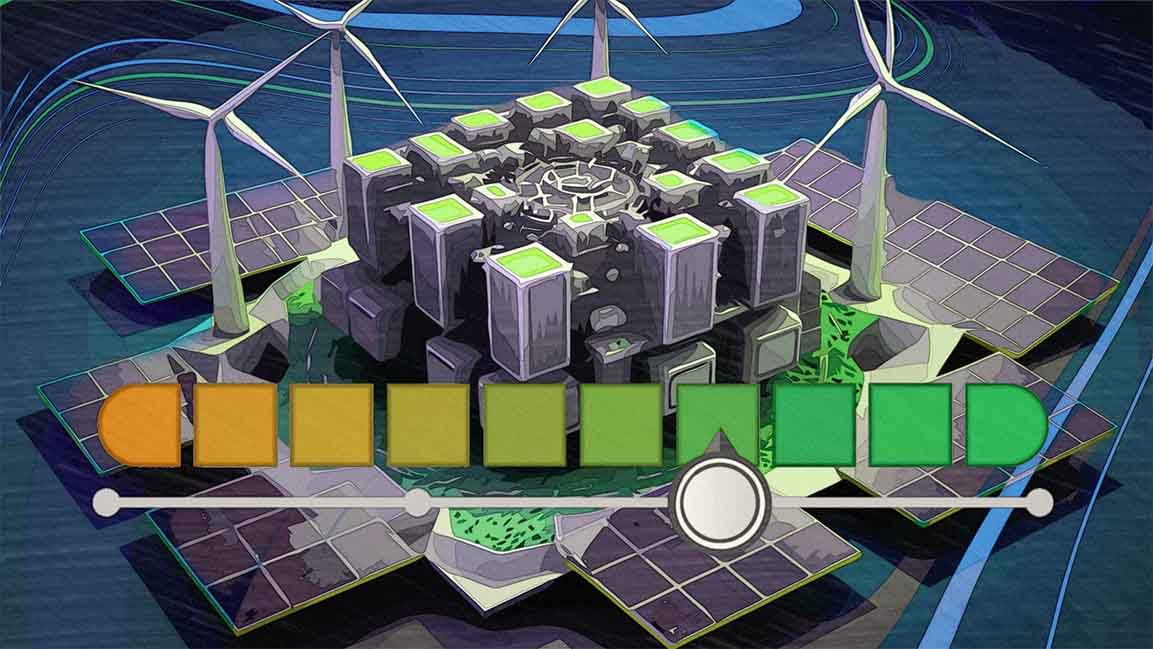
Now accepting applications for Fast Company Middle East’s Most Innovative Companies. Click here to apply.
The need for energy transition has never been more critical as countries worldwide continue their journey to achieve zero emission targets.
For several decades, Saudi Arabia, dependent on oil, has been spearheading the energy transition mission in the Middle East region.
According to the World Economic Forum’s annual Energy Index Report, Saudi Arabia could become a leader in the energy transition by developing joint investments, research programs, training, and education. The report reveals that the kingdom has advanced by 24 ranks in 2023 and is leading in the energy transition in the Middle East.
The Gulf state has ranked 57, moving from 81 in 2021, among 120 countries. “The country has long been a dominant player in the oil market, and in recent years has undergone a significant energy transition, recognizing the need to shift toward renewable energy and reduce its carbon footprint,” mentions the report.
Similarly, the report shares that the jump in ranking is linked to the green initiatives that Saudi has implemented and introduced throughout the years, such as the Regional Voluntary Carbon Market Co., established by the Public Investment Fund (PIF) to offer guidance and resources to businesses and industry leaders in the region with regards to achieving net zero goals. The Saudi Green Initiative was also launched to lower emissions and has created a program for carbon capture and storage and investing in new energy resources.
However, the report states that Saudi still has room to grow when it comes to reduction in energy and carbon intensity and could expand renewable energy sources and implement carbon capture technologies.
By 2030, the kingdom has promised that 50% of its energy will come from renewable resources, highlights the report and aligns with Vision 2030.









